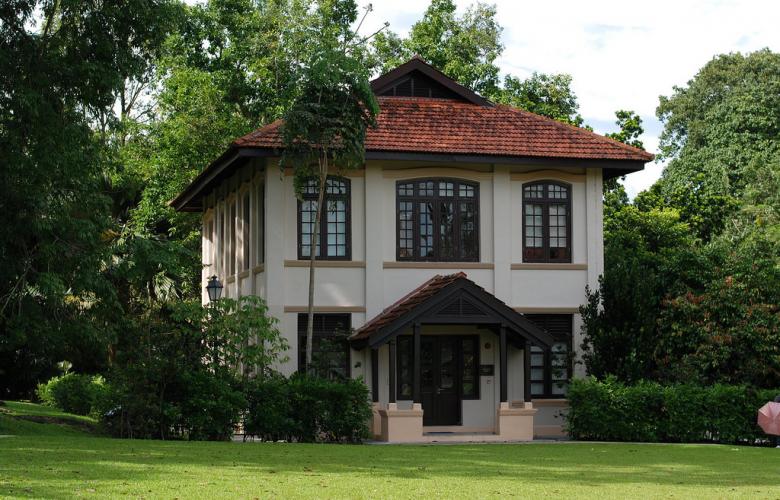Renting property in Singapore
Contact
Renting property in Singapore
A general guide for foreigners looking to rent property in the Lion City
This article is intended as a preliminary guide only and refers to some but not all elements required to consider in detail prior to starting any property dealings or due diligence. Property dealings are often complex, especially in foreign countries and we highly recommend you seek independent professional advice... read more...
With high-rise developments located all over Singapore, foreigners and expats have a variety of different properties to choose from. Likely you’ll enlist an agent who can find you exactly what you are looking for, from family-friendly condos with playgrounds and party rooms to executive gyms. All types of property are available for foreigners to rent, including public housing. Make sure you have your passport and employment documentation at hand.
Singapore regions
City regions such as Orchard, Holland Village and Robertson Quay provide easy access to retail centres, restaurants, social clubs (such as The American Club and the British Club) and public transport, although rents may be on the higher side. These areas tend to be condominiums and popular with singles and young couples. North of the city, other neighbourhoods in the Central region from Bukit Timah and Novena, to Serangoon are close to International schools and offer more of a mix of condominiums and houses. Further north, there is a large expat community close to the Singapore American School in leafy Woodlands, which is just across the causeway from Malaysia. Northeast, you can find Black and White houses with large gardens, while East towards Changi Airport housing options vary from apartments and townhouses to more spacious bungalows. On the West is exclusive Sentosa Island, with its luxury malls, golf course and even sea views.
Public housing
Singaporean citizens can rent their entire HDB flats to foreigners, though there are a few hoops to jump through. The flat’s owner needs to fulfill a five-year minimum occupancy period before they can sublet their flats, as well as check that you are in fact eligible to lease the flat. The HDB manages the number of foreigners living within their estates.
Black and Whites
Yes, those majestic black and white bungalows with sprawling gardens are available for foreigners to rent. These houses are state-owned and heritage protected, with rent managed via a bidding auction. All aspects of this process are available on the government’s website, including eligibility and forms as well as dates for open house viewing, bidding commencement and bidding closure.
Documentation
Along with your passport and employment details, it is usual to submit a Letter of Intent to the landlord, tendering your intention to lease, payment terms and any requirements, such as furnishing. Enlisting the services of a property agent can be helpful here. A booking deposit, also known as a good faith deposit, of usually a month’s rent would also be submitted. Once the landlord has accepted the deposit and signed the Letter of Intent, they agree not to lease to others until the tenancy agreement has been signed.
Tenancy Agreement
The tenancy agreement will include the lease period, of usually 1 year. The tenancy agreement may also include an option to renew the lease when the period ends. For foreigners living and working in Singapore, it is important to include a clause in the tenancy agreement which allows you to terminate the lease with 2 months notice should you find yourself transferred to another country or no longer employed. A security deposit, of usually a month’s rent for a one-year lease, is payable by the tenant and will usually be returned on completion of the lease. The booking deposit submitted with the Letter of Intent may be used as the security deposit, or as the first month’s rent. Finally, the tenancy agreement needs to be stamped by the Inland Revenue Authority of Singapore, with stamp duty payable by the tenant.
Agent commission
If you have used the services of a real estate agent, you may have to cover some of the agent's commission, normally a one-off payment of 50 percent of the monthly rent for a one-year contract. For higher rent, generally over S$2,500, the landlord is likely to cover the commission.
Utilities and services
Installation and monthly charges for utilities are the tenant’s responsibility. Water and electricity are supplied by Singapore Power (SP), which has an online application form to open a new account. Singtel can provide a residential telephone line, while StarHub provides cable television and broadband.
Similar to this:
Introduction to Singapore property
Obtaining finance in Singapore
This article and the above linked articles are not complete and are intended as preliminary guides only. These guides refer to some elements to consider prior to starting any property dealings or due diligence. Property dealings are often complex areas, especially in foreign countries and we highly recommend you seek independent professional advice... read more...










